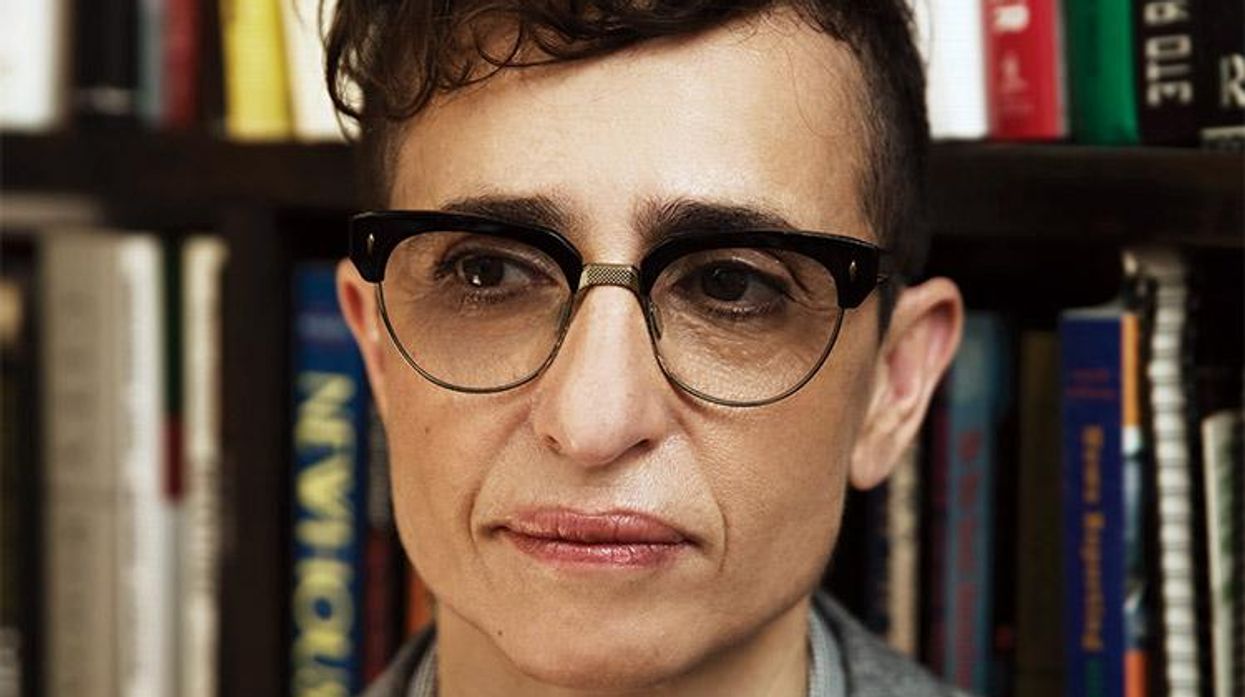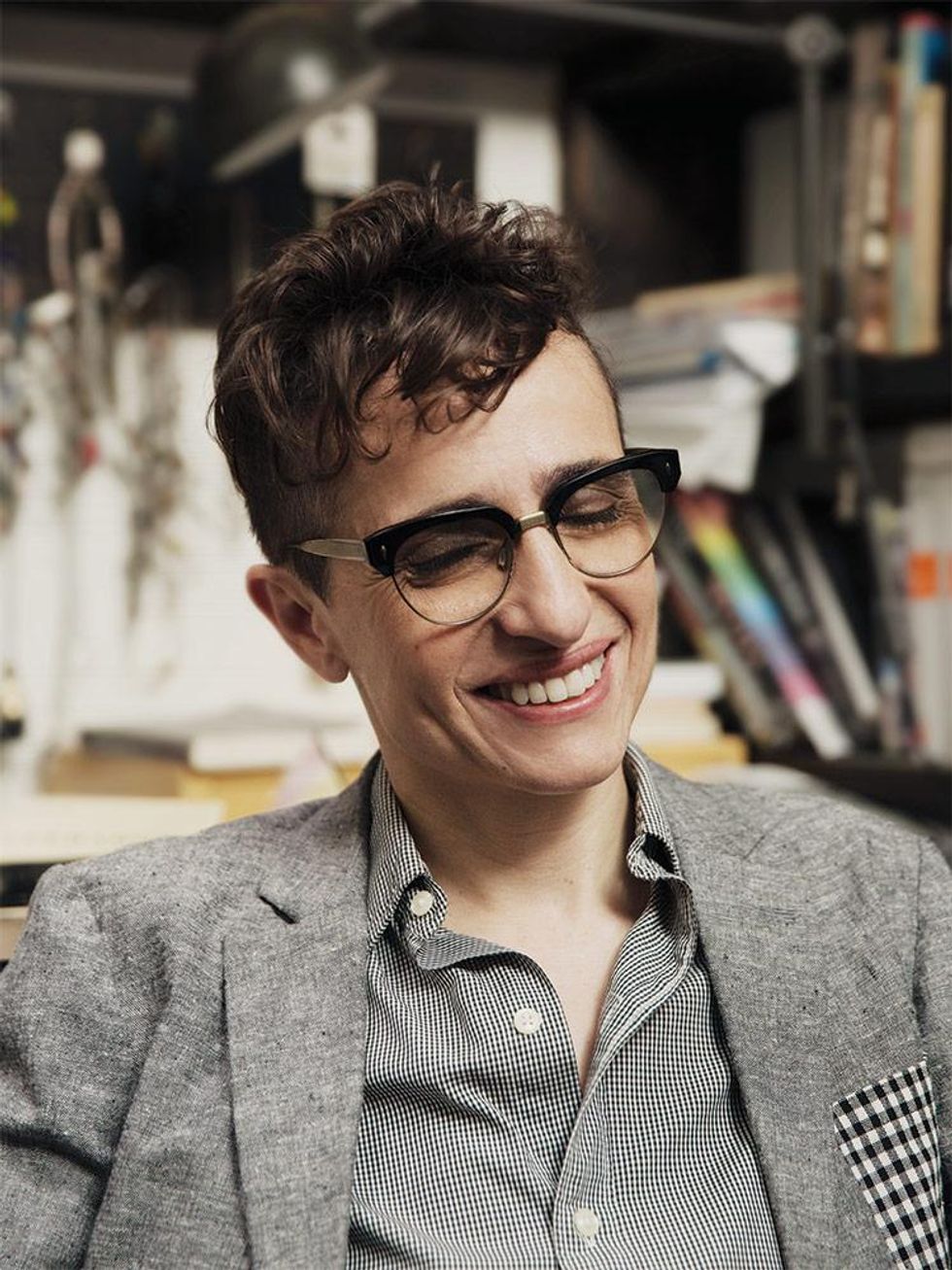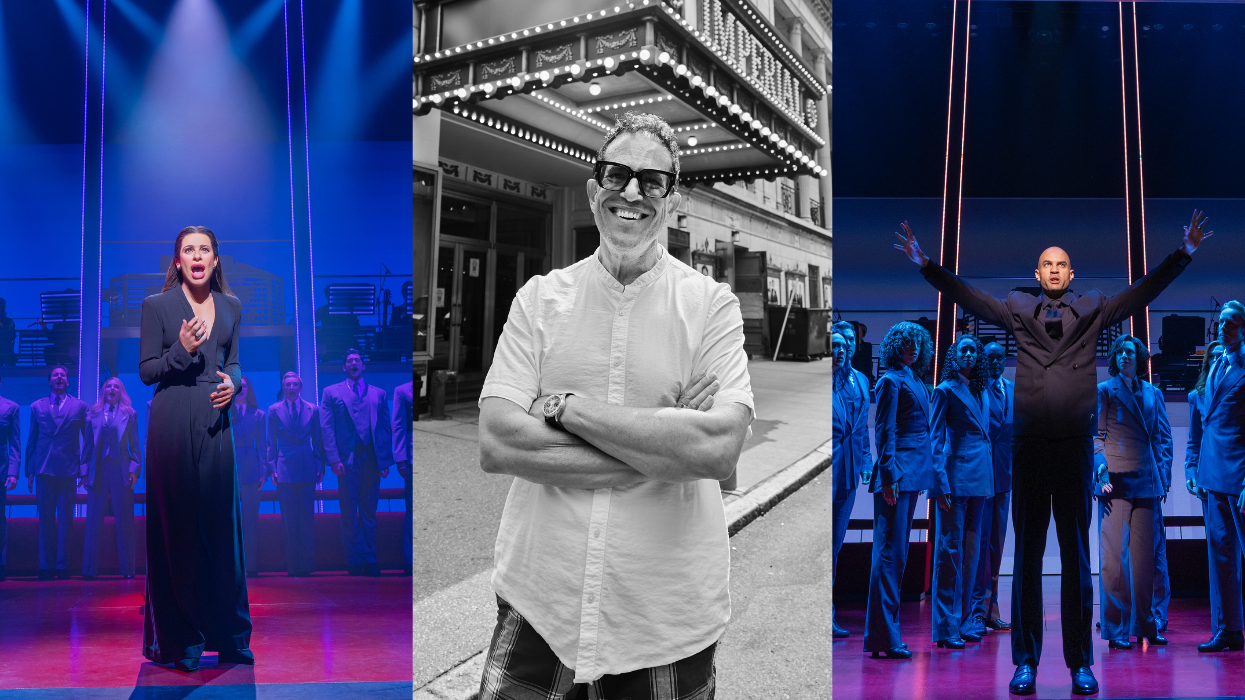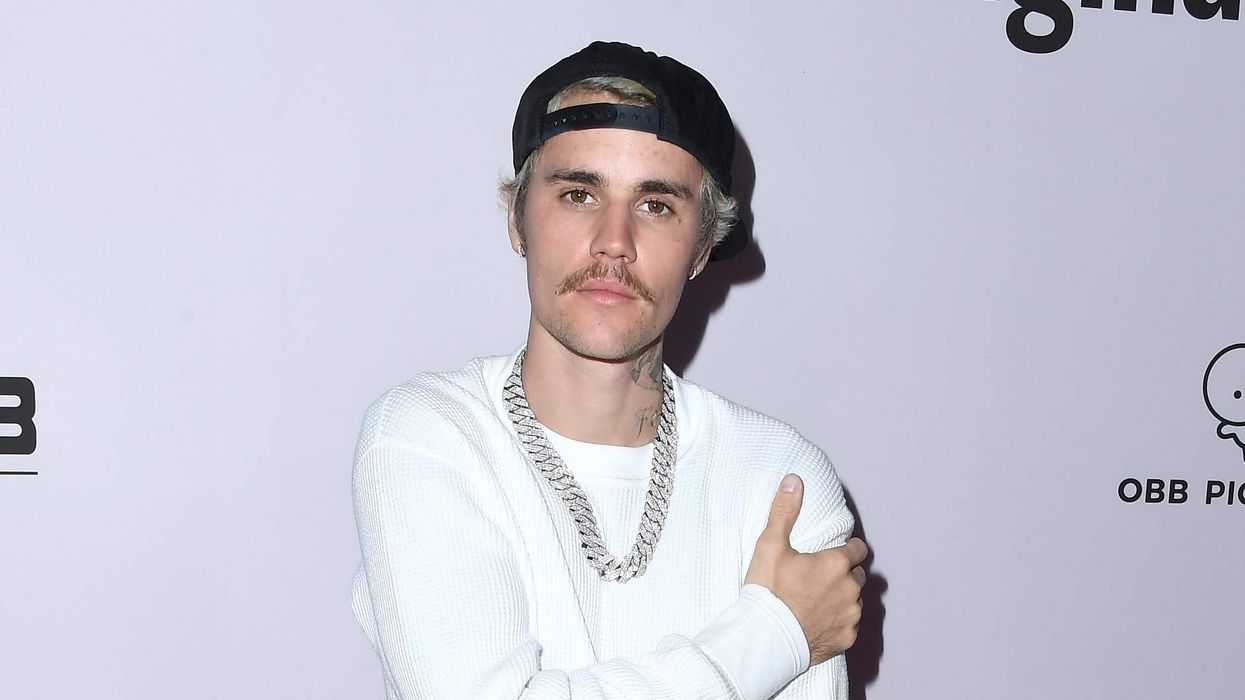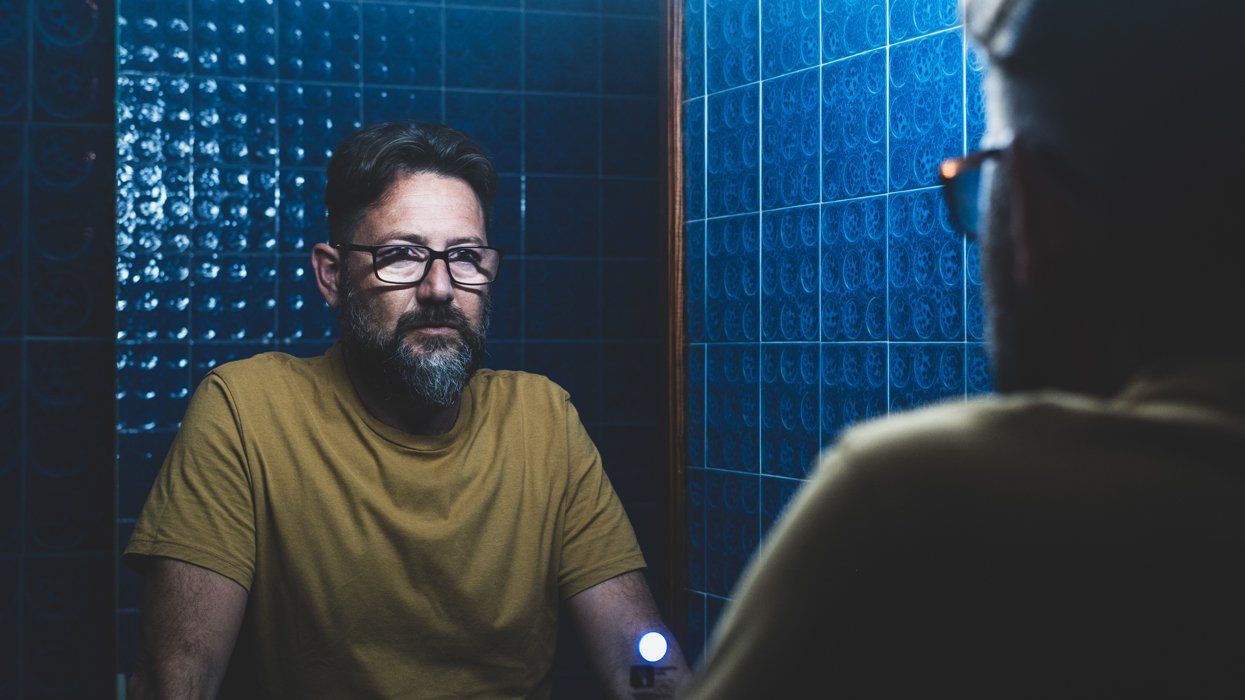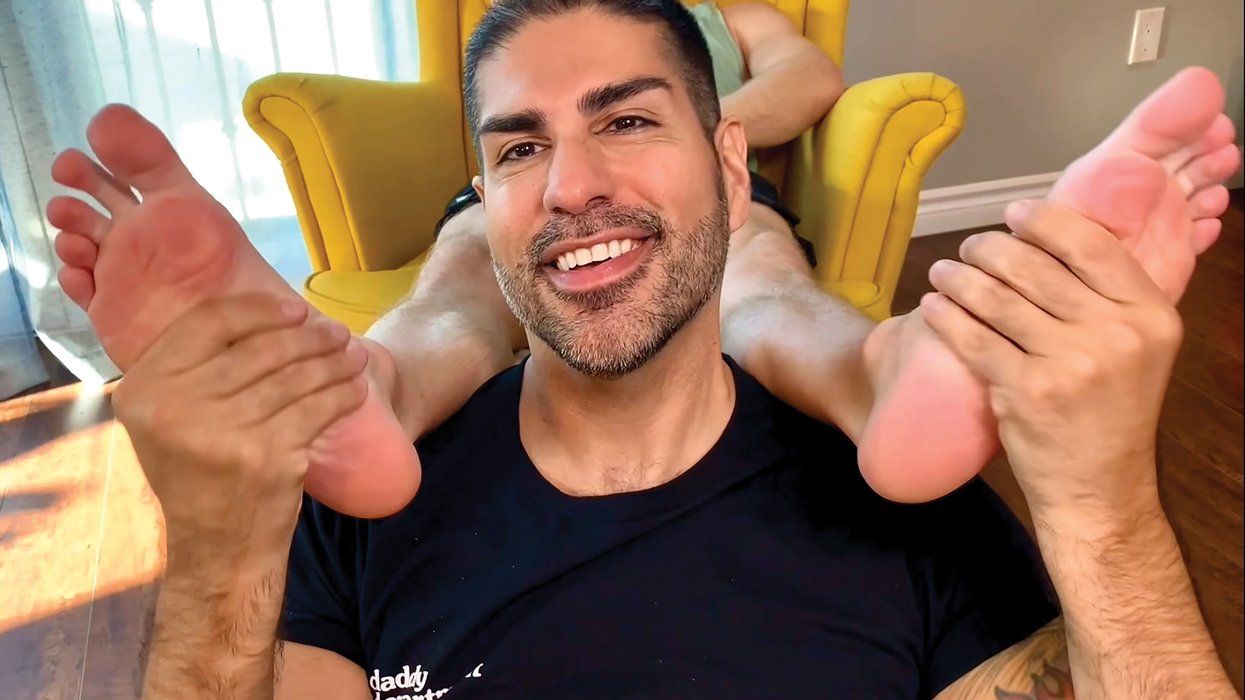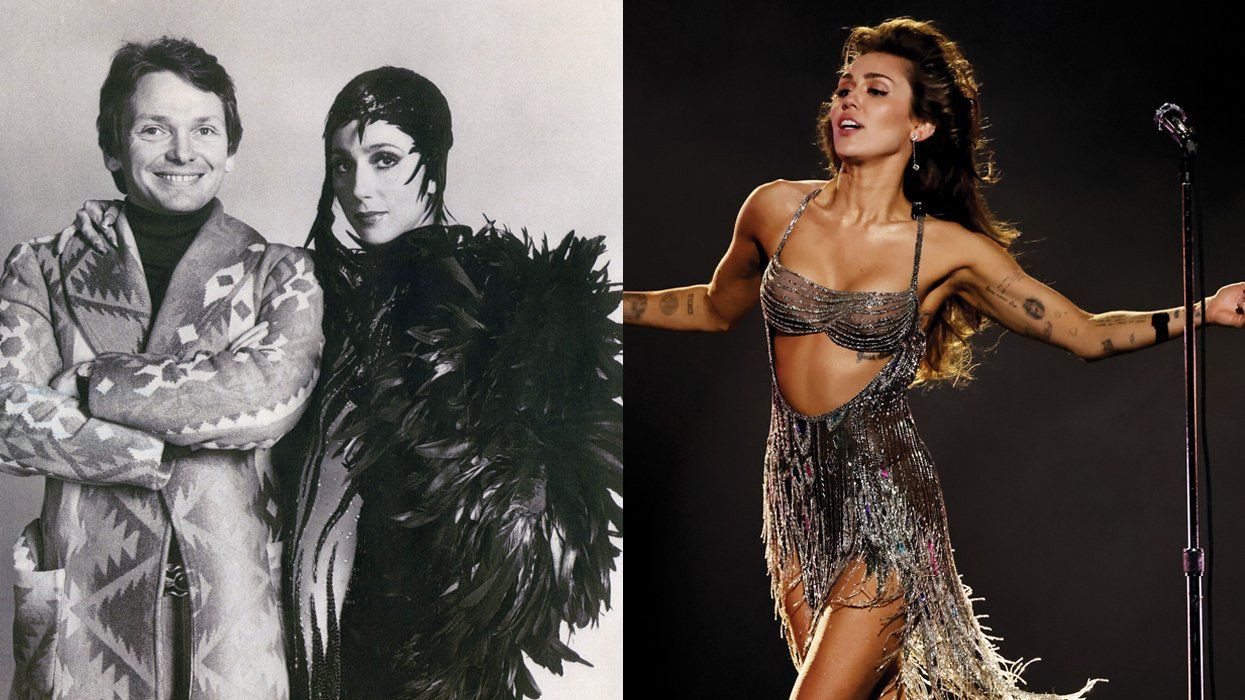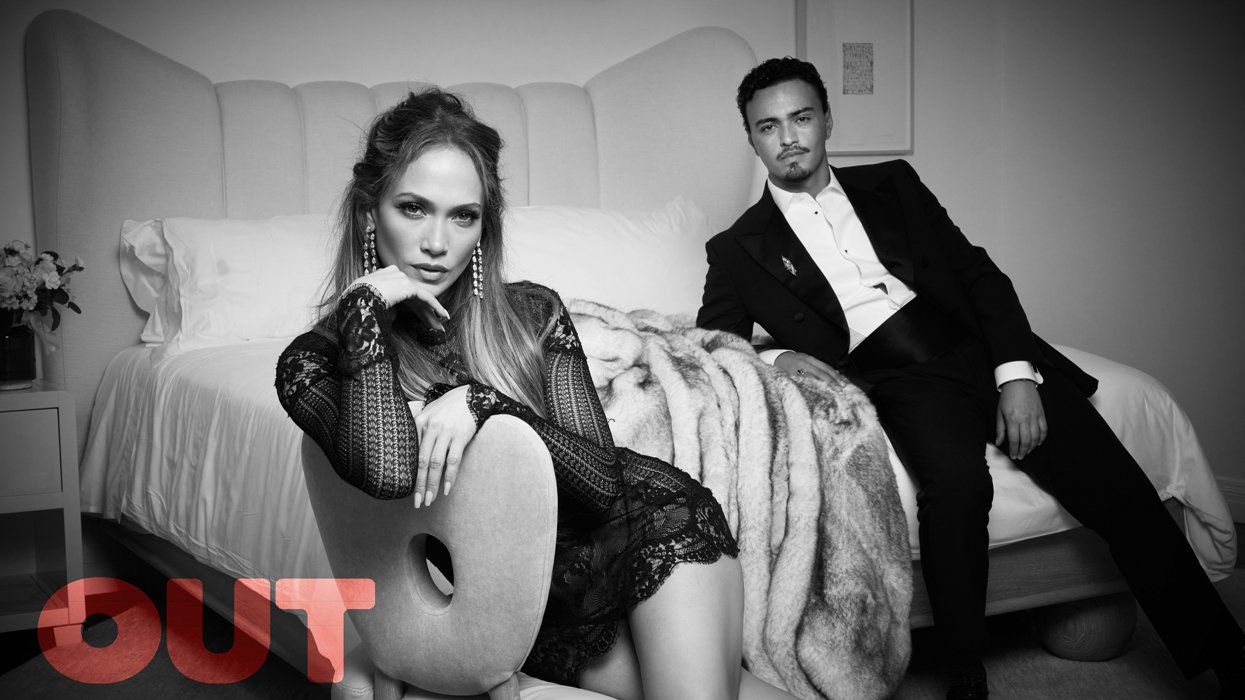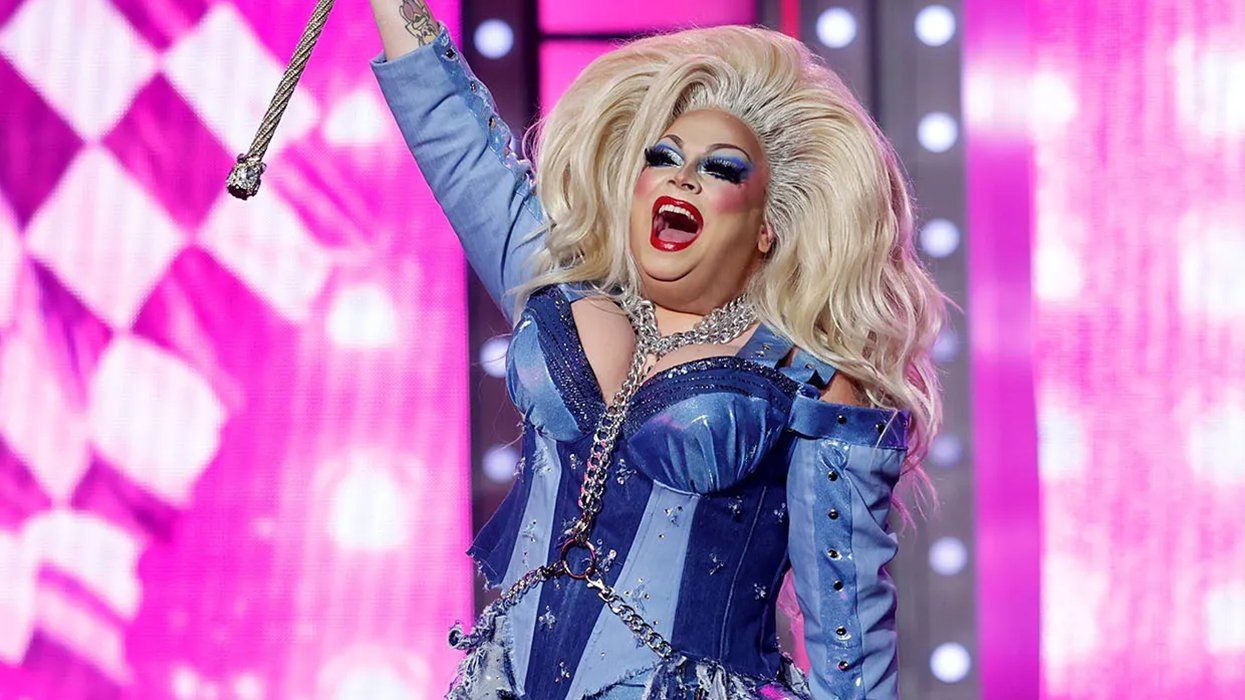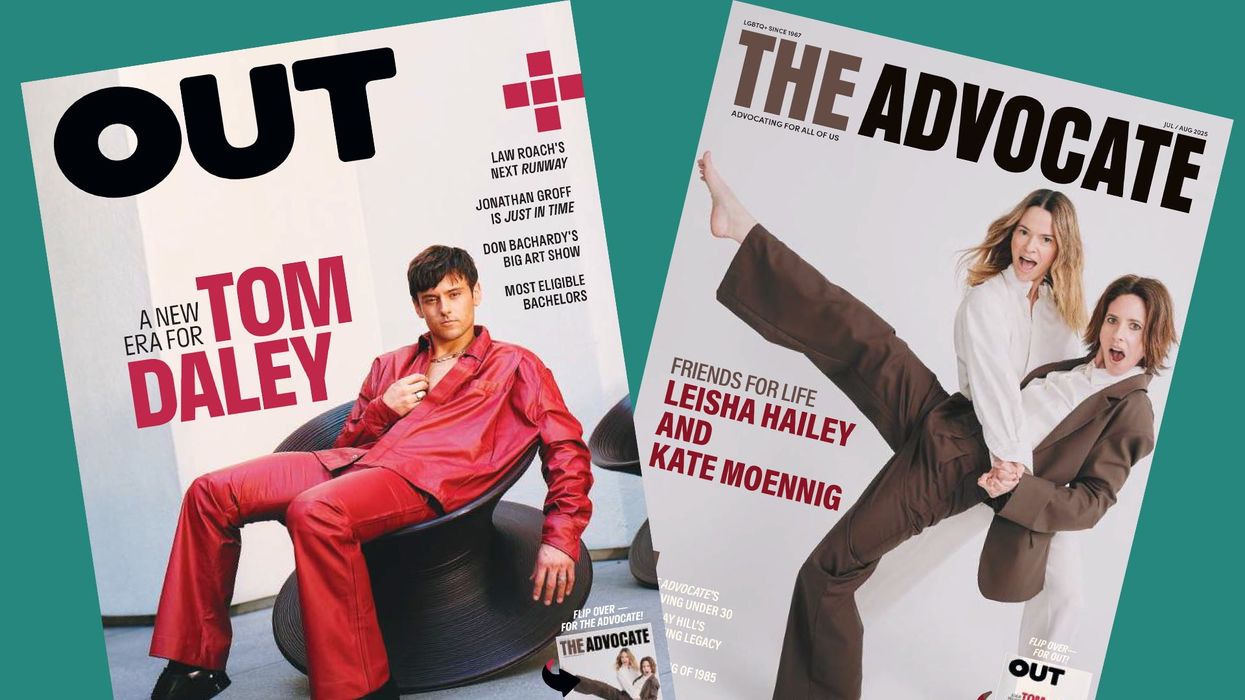For a woman living in the Soviet Union of the 1970s, Masha Gessen's mother was unusually bold--telling her daughter that the Soviet regime was a totalitarian state, much like Nazi Germany. This was tantamount to treason in a country that had sacrificed so many lives to defeat Hitler, but true nonetheless. Like mother, like daughter, it would seem: Today Gessen is one of our most urgent and iconoclastic journalists, a siren voice who was warning us about Vladimir Putin on the day he was elected. It's what has made her such a compelling reporter on Donald Trump. She doesn't trade in hopeful hypotheses--"once in power Trump will change!"--because she knows that if it walks like Trump and quacks like Trump, it's probably Trump. A queer Russian Jew who spent her adolescence and young adulthood in the United States, where she was galvanized by AIDS and molded by the gay press, few journalists are better placed to understand the parallels between the two egomaniacs who now dominate world affairs. Her 2012 biography of Putin, The Man Without a Face, is a formidable illustration of how a fragile democracy can be undone; her new book, The Future Is History: How Totalitarianism Reclaimed Russia, is a more ambitious exercise to illuminate Russia's surrender to authoritarianism through the lives of seven Russian millennials juxtaposed with Gessen's own prodigious research.
When she began writing The Future Is History, Gessen couldn't have appreciated how valuable it would soon be, not just as a way to understand today's Russia but also in helping us navigate today's United States. Although different--Putin is contained and methodical, whereas Trump is bombastic and spontaneous--both leaders have created a culture of dread and disruption that is psychologically debilitating. The difference is that our institutions have not yet been degraded as they were in the Soviet Union, where subjects like history, sociology, and psychology--the tools by which a people understands itself--were marginalized, or abandoned entirely. As Gessen writes, "After 50 years of purges, arrests, and, most damaging, unrelenting pressure on what had become an isolated thought universe, the Russian intellectual landscape was populated by barely articulated ghosts of once-vibrant ideas." It's telling that just one, among Gessen's many books, has been translated into Russian--a biography of the Russian mathematician Grigori Perelman. It will be a measure that things are improving when a book like The Future Is History gets a Russian edition, but that's exactly the kind of hope-based hypothesis that a facts-based journalist like Gessen has no time for. Here she talks about her life in Russia and America, and what it takes to challenge autocrats and build a better future.
OUT: Your new book does not mince words, describing Russia as a "totalitarian" state.
Masha Gessen: Terms are important, and it's important to use them precisely, so I felt like I had to make a really strong argument for using the word "totalitarian." As I was writing the book, I had to figure out a way of talking about totalitarianism--and what it was and what it wasn't, and how we continue talking about it, and whether we could continue talking about it in the 21st century. For example, [Czech dissident, and late president] Vaclav Havel called the late Soviet period "close to totalitarianism," which is another possibility, but for myself I've been calling it retro-totalitarianism, because it works by mobilizing a sort of memory.
One reads this book that it's also your story. What's it like to have your whole life be bound up in this existential crisis?
Well, there are two important differences today, one good and one bad. The bad one is that growing up in my family there was always the "shining city on the hill," and of course I lived here [in the United States] from the age of 14 to 24 before going back to Russia. So while I was working in Russia, as desperate as I could feel, I also felt like there was always here. I always had a backup plan, and to have that taken away was pretty devastating. The good difference is that in 2000, when Putin came to power, I was really alone in writing about how dangerous it was. People thought I was hysterical, and now there are thousands, possibly millions, of people hanging on my every word, which is very bizarre. Basically, in Russia I have an absurdly small voice, and here I now have an absurdly large voice, because of Trump. I don't think either is actually proportionate to what I have to say, but it definitely is more gratifying to have a very large voice than to feel like you're screaming in a desert.
You seem to epitomize the textbook definition of a journalist: speaking truth to power.
It's very interesting because people here have turned to Russian journalists for lessons in how to be politically active journalists, but I learned all of that in the gay press in this country. It's not the only political press, but it's probably the last great political press where certain journalists, as I think with the black press before that, perceive themselves as having a view that's very clearly situated, as having the responsibility of representing a marginalized community, and producing information that was desperately needed, especially during the AIDS era, and knowing that all of that is political. So I think that American journalists would do much better to study the history of the gay press in the '80s and early '90s than to try to get lessons from Russia.
When was the galvanizing moment for you in terms of seeing activism and journalism as a calling?
When I was 4.
Do you have an example?
My mother had been involved in the dissident movement, my father hadn't, but they were both samizdat readers and distributors, which wasn't uncommon among educated people. Books that were published abroad were smuggled back into the country, and people would circulate them. And there were books, or collections of poems, or even journals, that were just typed up and distributed, sometimes unbound in a folder, sometimes hand bound, and a lot of the time people would type up another three or four copies if they had carbon paper and a decent enough German typewriter. Actually, I wear cuff links made from keys from that kind of German typewriter. So my parents would type things up and distribute them, and they couldn't be bothered to keep secrets from me, or maybe they just didn't notice my presence much. But at the age of 4, a neighbor rang the doorbell and I answered it and explained that my parents couldn't come to the door because they were typing up Solzhenitsyn. There was incredible pandemonium, my parents running from door to door, shoving me into the back room, somehow trying to cover it up with the neighbor.
One of the takeaways from your book is that totalitarianism requires revolt, or protest, in order to sort of survive. What value is protest if it is needed by the system?
That's a tricky question because it also raises another question, which is: What is the role of the famed Russian intelligentsia if it depends on the existence of a repressive state for its identity? If it doesn't have a repressive state to push back against, then you don't actually need intelligentsia--you need an intellectual educated class. So it is a really tricky chain of reinforcement, and I think the ultimate answer is that if you try to do politics only by measuring its effectiveness, then you're going to come up against situations where there's no effective strategy. Dealing with Putin, whether from inside the country or outside the country, there is no effective strategy, as Obama discovered. But if you have to choose a course of action, then you have to find other criteria for choosing it, and they have to be morals and values rather than strategy effectiveness. It's still very difficult to figure out what is the right thing to do, but it's a lot easier to figure out what is the wrong thing to do. My favorite example is sanctions, not because they're effective--we have no idea if they're effective--but because it's wrong to do business with a dictator.
It's a moral question.
Right, and once you know that, you not only know that sanctions are the right thing to do, but you also know how to do them, right? The U.S. imposes them gradually in the hopes that Putin is going to change, but on moral grounds you have no justification for imposing them gradually because that's a bargaining proposition that I find deeply amoral. It is also, as it turns out, completely ineffective because Putin is not going to respond to pressure in that way.
Negatives for Putin among Russians have gone up on various issues in the last few years--so although there may not be full transparency, information is easier to come by, theoretically, making it feasible to destabilize a figure like Putin, right?
It's a very different country, and that's part of what sometimes gets people into trouble. They compare the Soviet Union to what we have today--we have freedom of movement, we have some access to information, we have social networks, we have hundreds of political prisoners instead of thousands of political prisoners. My argument is that countries are not measured in static, absolute terms. Any country is a thing in motion. And the Soviet Union, for much of its history of the last few decades, was moving in the direction of greater liberties rather than fewer liberties. Yes, very slowly, and in a very limited way, but someone living in the Soviet Union in 1981 was better off than somebody living in '71, who was better off than someone living in '64, which was a hell of a lot better than 1953, and nothing was ever as bad as 1953 again. Russia has now, for 17 years, consistently moved in the direction of fewer and fewer freedoms--less and less personal freedom, less and less social freedom, less and less public space, more and more restrictions on all kinds of actions and behaviors. So comparing 2017 to 1980 is probably not terribly useful, and that's part of the reason for writing this book the way I did, was because I really wanted to trace the lives of these people who lived through the death of the Soviet Union--or what they thought was the death of the Soviet Union.
Back to you at age 4. You learned to speak your mind. You didn't have an internal censor.
I didn't have a censor. Also I was completely obsessed with the samizdat, and I was a reader. I remember reading Anna Akhmatova's Requiem, an absolutely devastating series of poems she wrote while her son was in jail. I was so taken with Requiem when I was 12 that I made a bunch of copies and bound them, and drew covers for them--to give them to other people. The poems were a kind of journalism--they were from another time, but they exposed a truth that people didn't know.
In the book you describe the concept of the "coffins"--the extra, unanswerable, question used to weed out Jewish applicants from university. It's textbook Orwell.
My father, who was 17, and very cocky, who had been warned that he'd never get into the physics department at Moscow State University, was tripped up by a coffin, and was absolutely devastated. My mother went to apply to the university, and during her oral exam she saw the word "Jewish" written next to her last name and underlined, and she turned around and left. I don't even remember when I first heard those stories because they were such an integral part of how they perceive themselves in the world, and also how they perceived their kids. As my younger brother and I grew older, they were palpably scared of what was going to happen to us--not in terms of physical danger, but when we would experience that slap in the face. The other part of it was that Soviet Jews were privileged because they were the only ones who could leave, which made them actually an object of envy for a lot of people. It didn't last very long, from '72 to '81, but several hundred thousand people left in that period, and we were at the very tail end of that, in the last train car.
You returned to Moscow in the '90s, when everything was changing.
There were a couple of gay activists from Moscow who came to New York in 1990, and that was amazing--that there could be such a thing as gay activists from Moscow. One of them was this really hot woman, so she and I got involved. I wanted to go see her in Moscow, and I got a magazine assignment, went to Russia, and was completely blown away by what was going on there, and how much it felt like home.
When did you realize it was going sour?
The 1994 war in Chechnya was a real turning point for me, and that's when I felt like I was no longer there as somebody participating in building something awesome and new but as somebody who's actually trying to fight. And I remember standing in the shower and thinking, Does this mean I have to leave now? And thinking about what my mother had said, that there are ways of living in a fascist state, and I thought, OK, as long as I can practice journalism I'm obviously useful.
I come away from this book feeling cynical or, at least, not optimistic. Is that what you want?
Yeah, I think I'm going for devastation here [laughs].
How do we turn this around?
We try to turn it around by imagining the future. I think that the totalitarian or aspiring totalitarian leaders tap into the fear that gets intensified at certain periods in human history. They tap into that fear by appealing to the imaginary past, which Trump did very explicitly with "Make America Great Again." We have no idea what that means, except that it clearly conjures an imaginary past in which you didn't feel so unmoored, and I think the only way to counter that is with a glorious future. People who were living through the Industrial Revolution, with few exceptions, had a very difficult time imagining the post-Industrial Revolution future, which is what makes Marx a genius. But where's that kind of vision now? From politicians we only hear, "I'm going to go back to when we had huge steel mills so that everybody has a job," which is actually not going to happen. What's going to happen is that not everybody has to work, and there have to be people thinking politically and publicly about how that functions in terms of creating a beautiful world in which people have fulfilling, secure lives, and are valued for who they are, rather than what they do, which is a truly profound shift in thinking, especially for Americans. It's probably inevitable--unless we want to go back to the Dark Ages--and no one is articulating it.
The Future Is History is available now through Riverhead Books.


